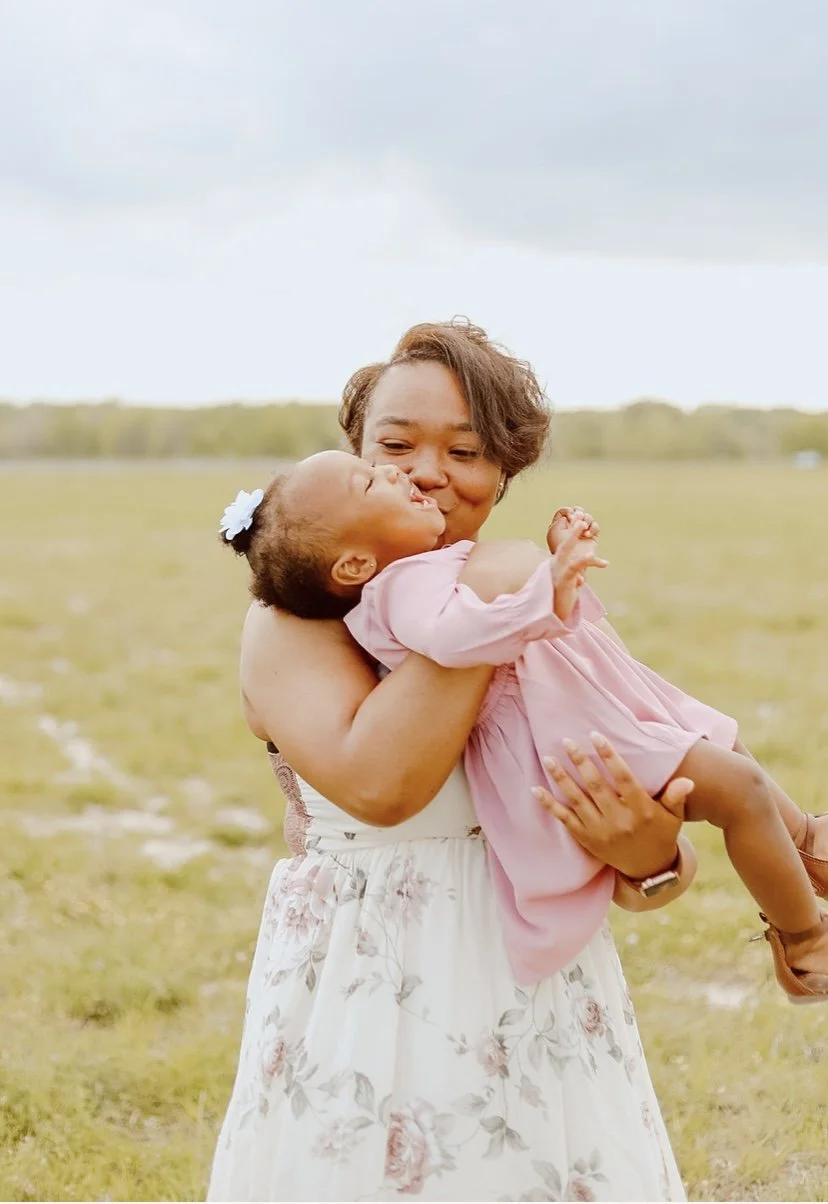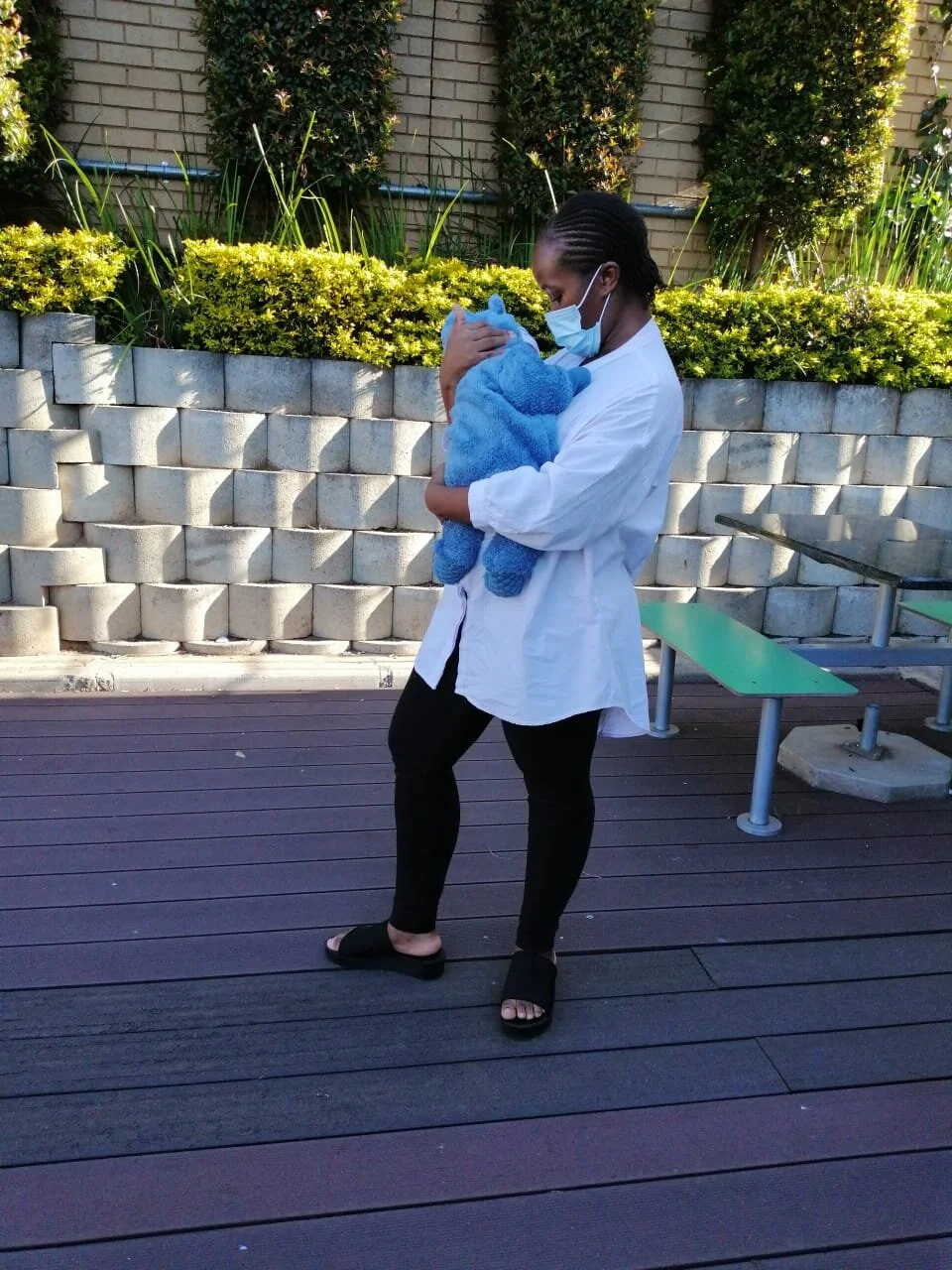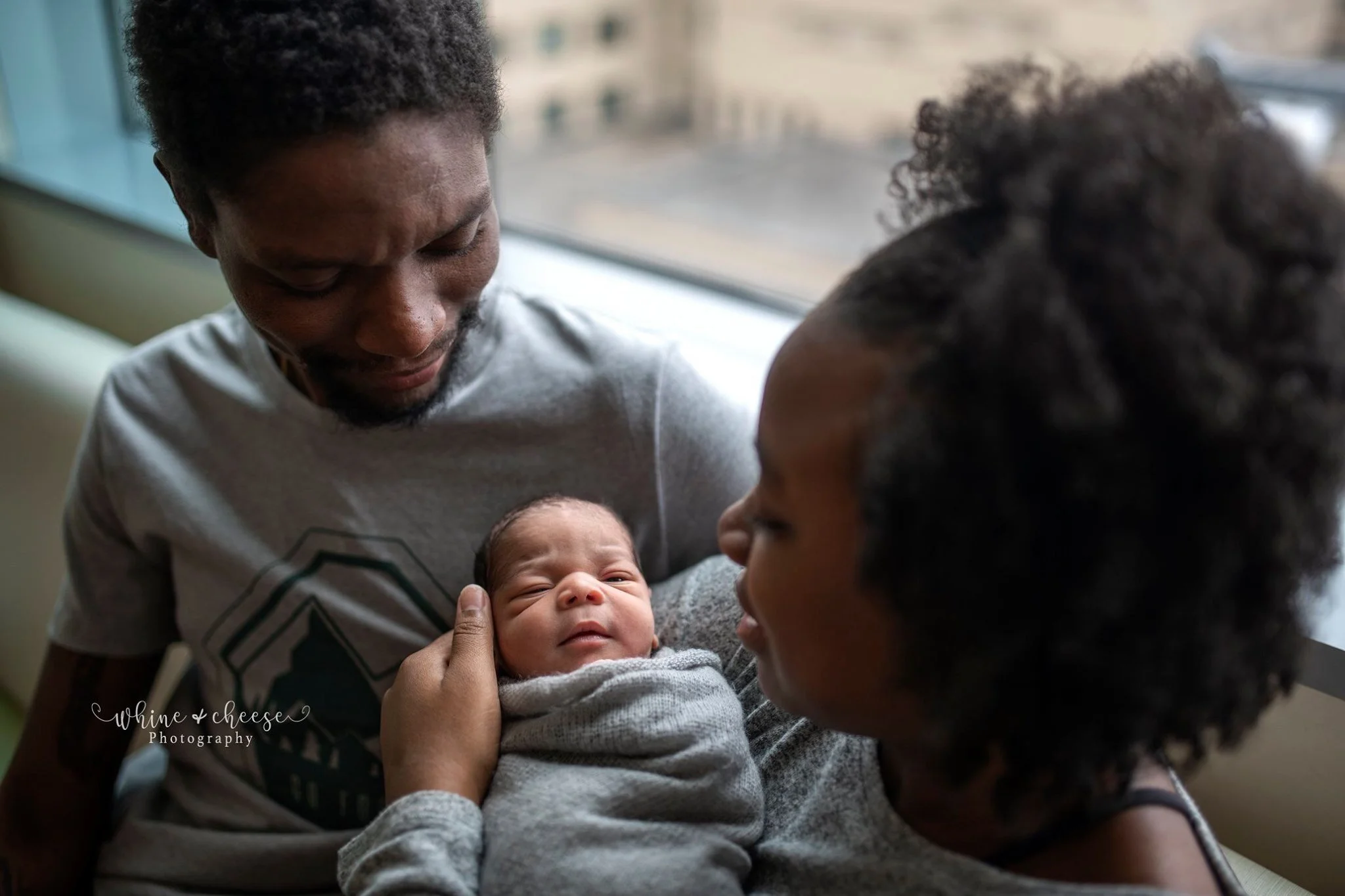Michah met pregnancy with sickness in the form of a heavy dose of Hyperemesis Gravidarum, also known as HG. It is a condition that presents in pregnancy as severe and persistent nausea and vomiting caused by hormone fluctuations. HG caused Michah to experience weight loss, food aversions, and anxiety about her baby's growth. She found comfort in the power of watermelon and OTC nutrition shakes.
Despite her challenges, she moved forward with planning a homebirth with her partner. The midwife they chose was informative and supportive, helping ease any concerns. Everything was going as planned until the baby started measuring smaller than expected. She started having routine growth scans until her provider discovered an amniotic fluid leak.
An amnioinfusion can treat an amniotic fluid leak. Unfortunately, this was not the case for Michah. She reported to her local hospital, where she would receive excellent care during her induction and subsequent labor. Michah delivered her baby with the help of forceps due to heart decelerations at the pushing stage to avoid a surgical birth. Her baby was sunnyside up, challenging her descent into the birth canal.
Physical recovery from the forceps assisted birth added to her healing process, but she was supported by her partner. Michah has connected with herself on different levels as postpartum has taught her grace and patience. Her work has been affected as it has become the focus of her Master's degree program. Building supportive relationships and honoring boundaries to grow as human beings and build healthy, strong families, they manage life on the other side of birth. Stepping in to support each other without local family support has been challenging, but again grace is sufficient, and Michah is slowly coming back to herself.
Read More









